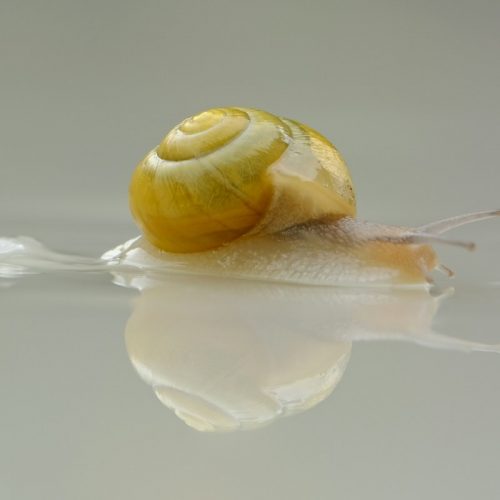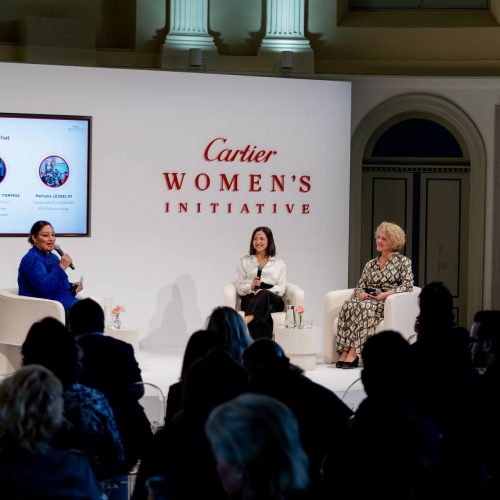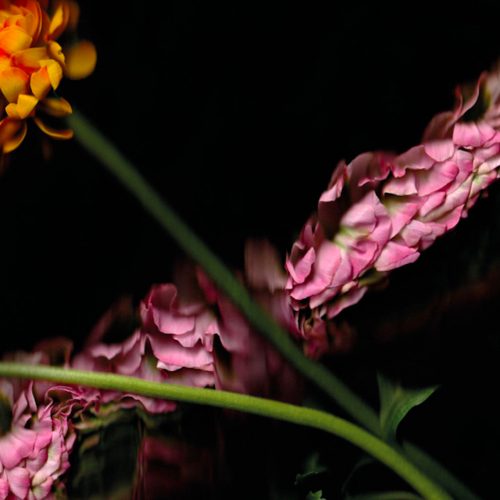The Toxic Wellness Culture Fuelled By Social Media
The powerful wellness industry is growing by 8.6% every year, with social media being a driving force for wellness trends and daily routines. Constantly feeding the idea that the key to wellness is a strict lifestyle, social media fuels a toxic wellness culture that negatively affects the mental health of young, impressionable people. However, ways to fight back against the toxicity have been emerging, and young people are redefining what wellness means to them.
To receive the Luxiders Newsletter, sign up here.
The wellness industry has been around for decades, influencing us on how to live our healthiest life. What once solely consisted of diets and workouts, the industry has blossomed into a complex system of various approaches to wellness. Mental health has more recently become a focal point of wellbeing, with millennials pushing it to the forefront. Mental wellbeing has been ingrained in wellness for younger generations, becoming a core aspect. The industry continues to grow: in 2022, the global wellness industry was worth $5.6 trillion in 2022 and is set to reach $8.5 trillion in 2027. Social media, catalysed by the pandemic, has played a huge part in the wellness industry, driving different trends and niches to people around the world.
WELLNESS ON SOCIAL MEDIA
Social media platforms such as Facebook, Instagram and, more notably, TikTok consist of a variety of content dedicated to wellbeing. On TikTok alone, #wellness has over 16 Billion views, with trends and subtopics including morning routines, affirmations and hormonal health. The list of topics and trends is vast, unusual and bizarre, but they all fall under this same gigantic theme. Wellness is a monumental topic: 79% of consumers around the world believe it’s important and 42% consider it a top priority, according to McKinsey.
Wellness brands and influencers are taking advantage of this powerful opportunity, using social media to promote products or routines dedicated to improving wellbeing. Even TikTok Shop has previously teamed up with “wellness” brands to support their community, promoting products such as supplements and nutritional products. The idea of social media taking part in and providing a platform for wellness content seems like a positive approach to wellbeing. However, like all things with social media, it takes its toll when constantly being promoted.
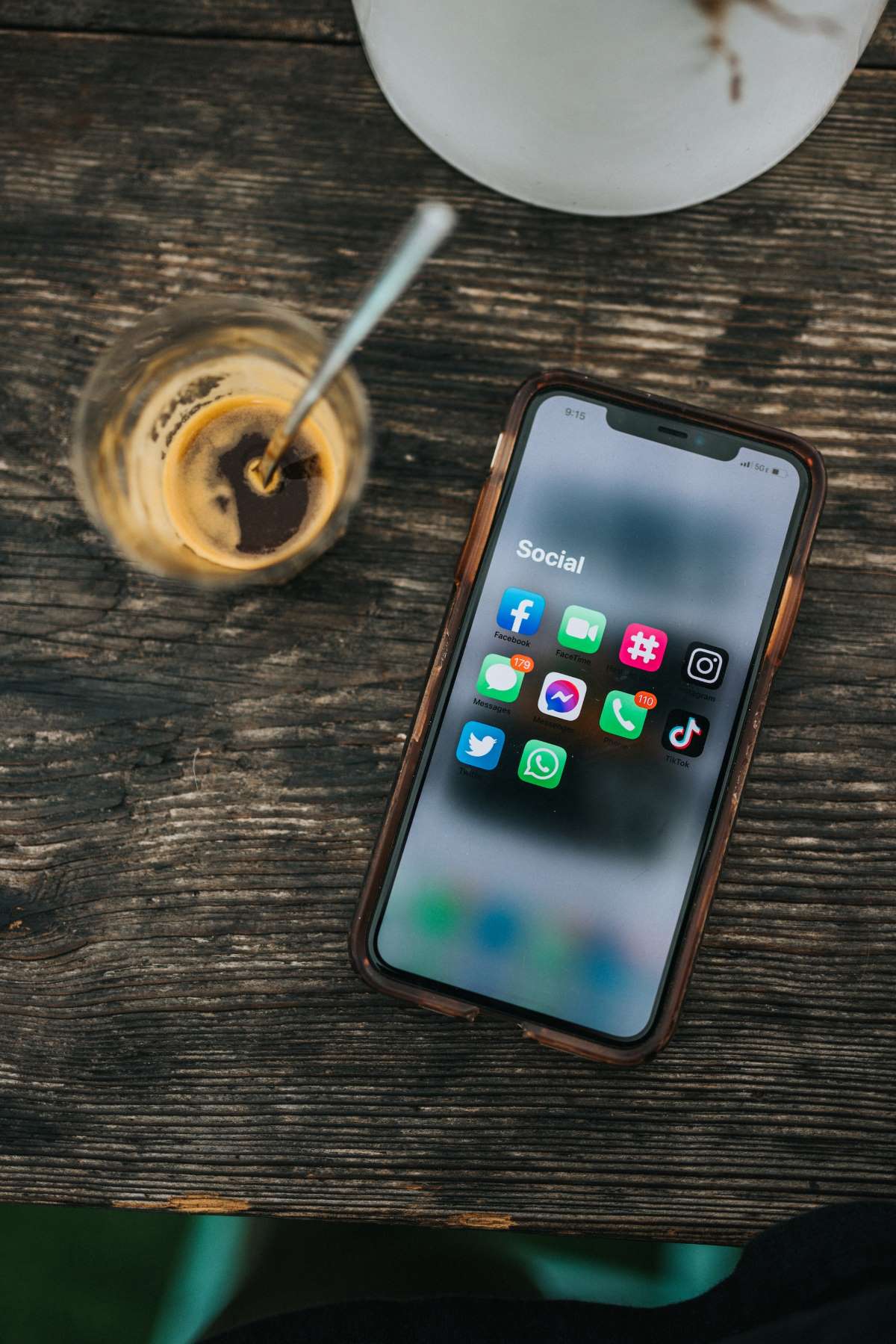
© Nathan Dumlao via Unsplash
TOXIC WELLNESS CULTURE ON SOCIAL MEDIA
Despite starting out as a positive movement, wellness has branched out into negative territories, encouraging a toxic culture and obsessive behaviours. Often promoting perfectionism, wellness culture is viewed as harmful by more than half of young people, as well as brands promoting toxic practices. Brands and influencers have capitalised on young people’s insecurities and vulnerability, promoting unrealistic standards and increasing pressure to transform their lifestyles.
The term “wellness syndrome”, coined by Carl Cederström, explains that the toxicity of wellness culture has caused us to sacrifice our happiness by ultimately feeling worse. Different versions of extreme lifestyles that involve waking up early, strict diets and working out are posted everyday on social media, with no control over who it reaches. It can trigger insecurities, develop obsessive behaviours and cause feelings of stress and anxiety from the constant pressure. The threat that toxic wellness culture poses to mental health is becoming more apparent and, especially as Gen-Z is the most sensitive generation, it was only a matter of time before a resistance began.
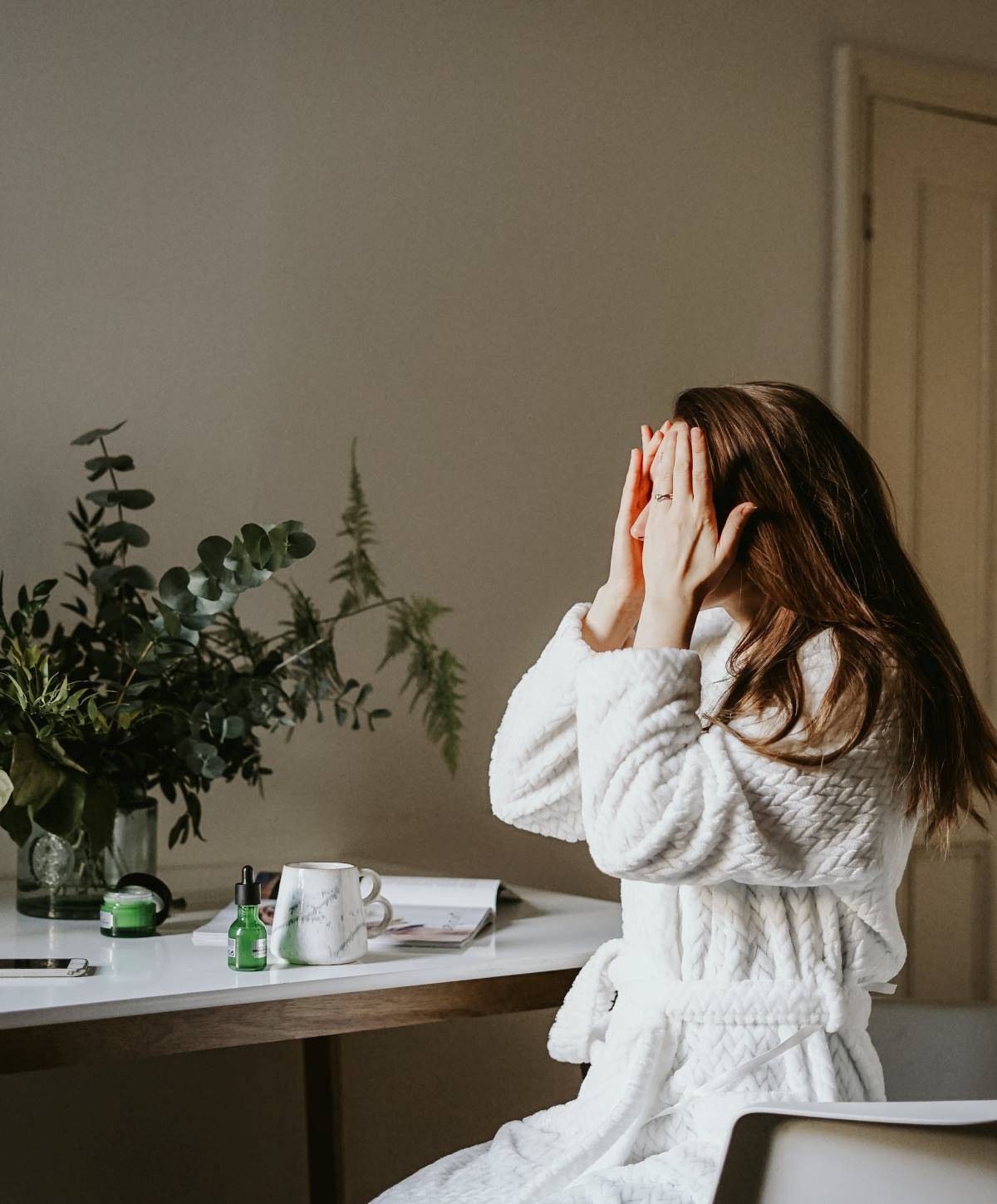
© Toa Herftiba via Unsplash
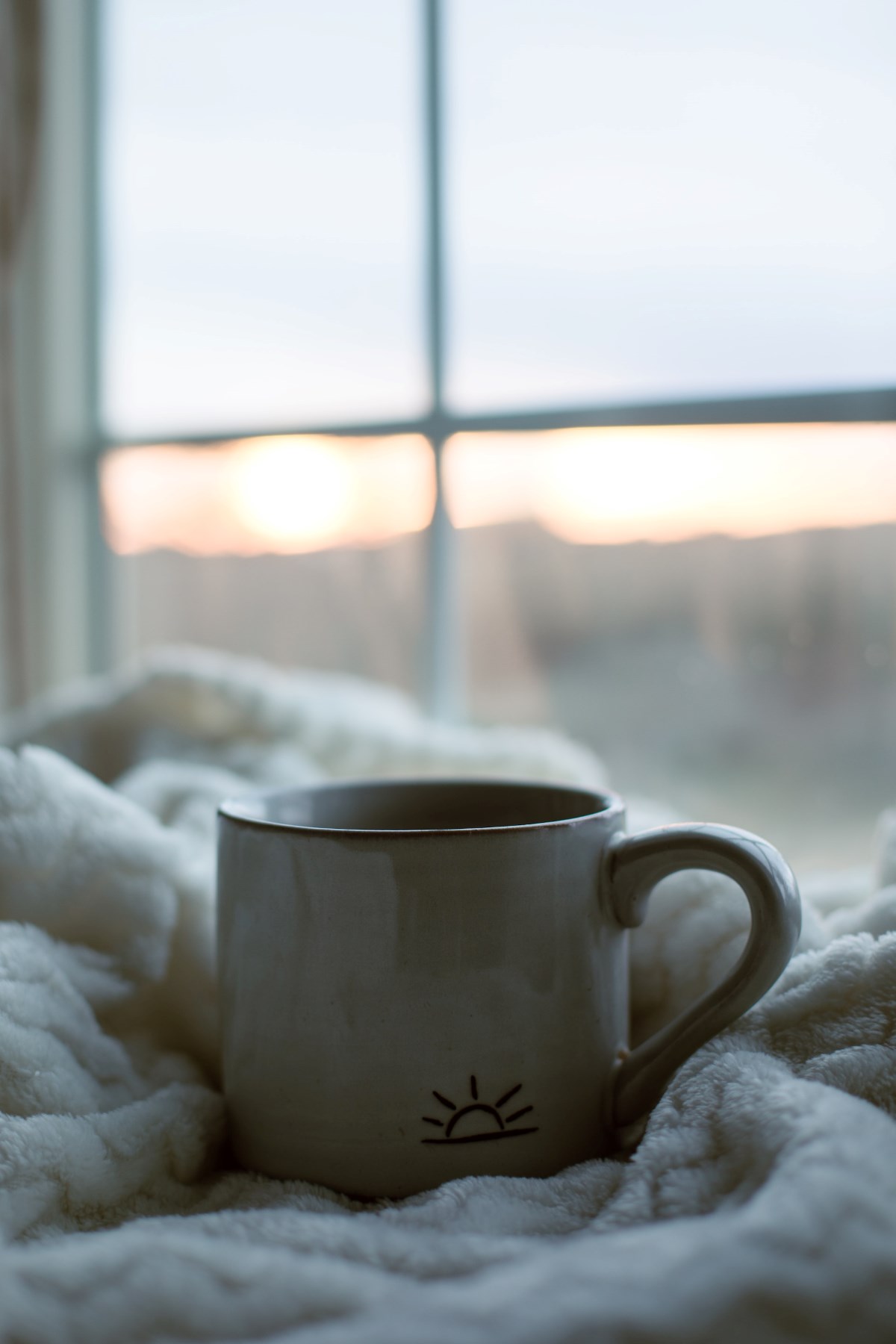
© Sixteen Miles Out via Unsplash
REDEFINING WELLNESS
Recently, more young people are pushing back against conventional ideas of wellness, whilst redefining it in an attempt to end its toxicity. Alternatives such as “anti-wellness” reject the strict routines and welcome unorthodox solutions, such as “lazy skincare”. As trends like anti-wellness and “radical acceptance” embrace imperfection and steer away from unrealistic standards, young people are redefining wellness to be more inclusive of their imperfect lifestyles, according to YPulse. Parallel to the belief that even something “unhealthy” can be good for you, social media trends such as #Nightluxe promote more carefree lifestyles, like staying out late and being more spontaneous.
Fighting back against the toxicity of wellness culture has meant that younger people are able to prioritise happiness, with 76% of 12-29 year olds agreeing that wellness can be whatever makes you feel good. Rather than dedicating your life to wellness, or being at risk of becoming obsessive, this new outlook embraces imperfection, promotes inclusivity, and recognises that wellness looks different for everyone.
+ Highlight Image: © Gaelle Marcel via Unsplash
Words:
Jemima Patterson
Luxiders Magazine

